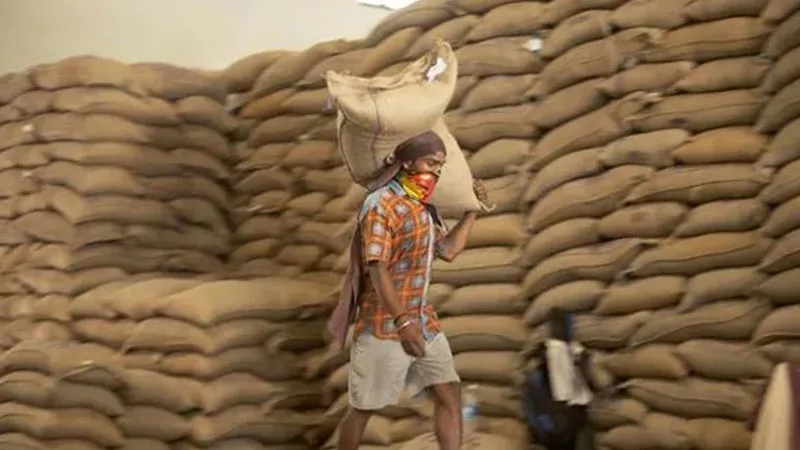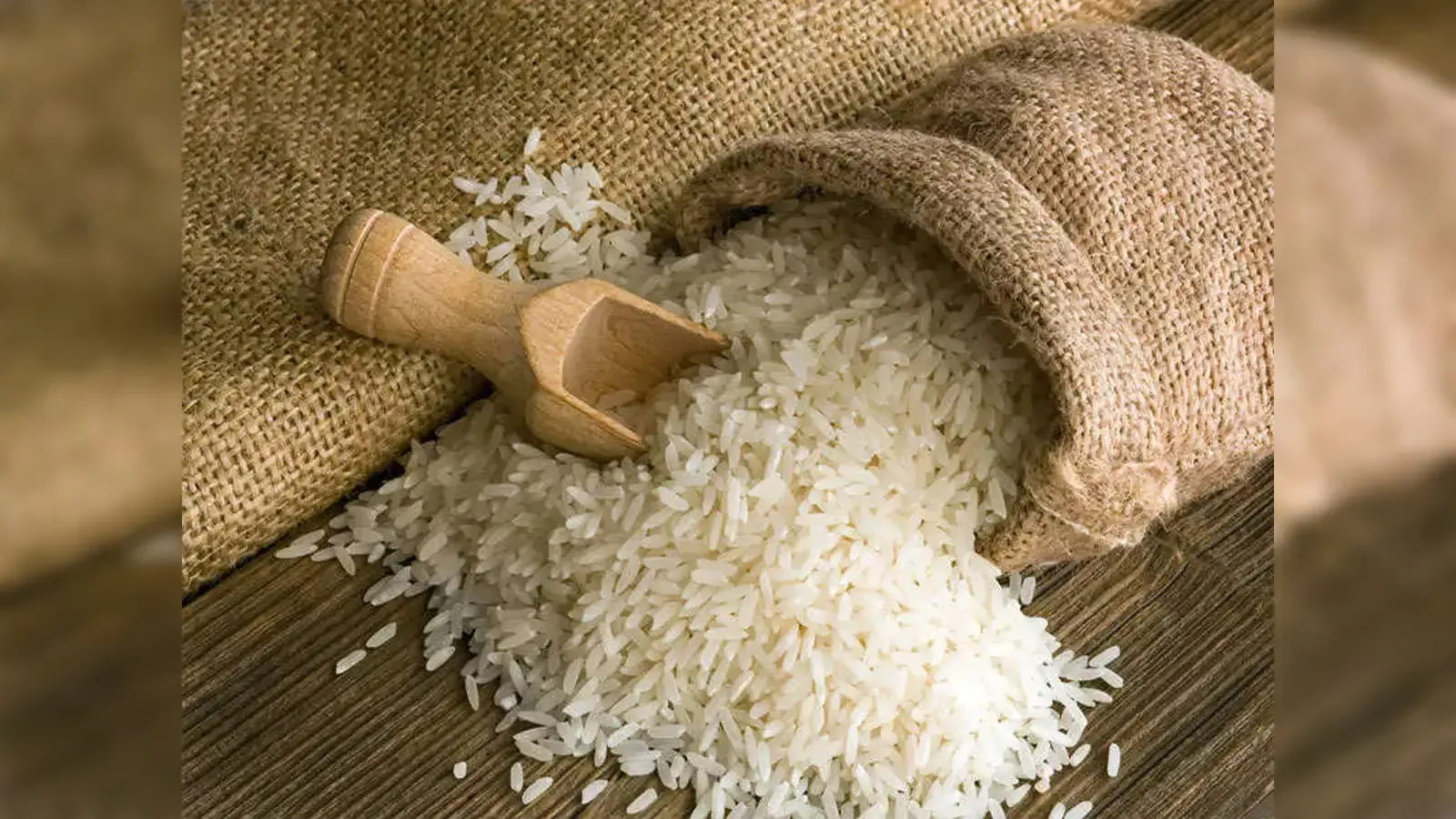Impact on Oil and Energy Supply.
The ongoing conflict between Israel and Iran threatens to impact India’s energy security significantly. A major concern is the possible disruption of the Strait of Hormuz, a strategic chokepoint through which nearly 65% of India’s crude oil and 50% of its liquefied natural gas (LNG) imports pass. Any escalation in the region could block or severely restrict this route, leading to sharp spikes in global oil prices. Although prices briefly dipped, they remain elevated and could rise dramatically if hostilities continue. To mitigate these risks, Indian refiners are proactively exploring alternative crude sources from regions such as West Africa. Additionally, the Indian government, along with think tanks like GTRI, is working on stress testing and reinforcing the country’s energy supply chains.

/*Threat to Basmati Rice Exports. */
India’s basmati rice exports are also at risk due to the conflict, especially given Iran’s role as the third-largest buyer. In the 2024–25 period, Iran accounted for approximately ₹6,374 crore worth of Indian basmati exports, making it a vital market. However, current tensions are delaying shipments, extending payment cycles to as much as eight months, and increasing freight and insurance costs by 20%. This has led to volatility in rice prices, which surged by 15–20% in May before easing. Meanwhile, /*Pakistan */is seizing the opportunity through barter trade (/*exchanging rice for oil)*/, potentially capturing a significant portion of India’s market share in the region.
/*Disruptions in Trade and Shipping.*/
Rising risks in key maritime routes such as the Strait of Hormuz, the Red Sea, and Bab al-Mandeb have caused concern among exporters and logistics providers. Shipping costs are climbing, voyages are being delayed, and companies are being forced to consider rerouting vessels around the Cape of Good Hope, adding significant time and expense. This situation poses a threat to the timely export of Indian goods such as textiles, chemicals, and machinery. In response, the Indian government is actively holding consultations with shipping companies and trade bodies to evaluate and address the challenges posed by these disruptions.
Internet and Digital Infrastructure at Risk.
The war has also impacted internet access in Iran, where major strikes reportedly disrupted infrastructure in cities like Shiraz and Shahran. There are reports of both damage-induced and intentional internet shutdowns. In a humanitarian response, SpaceX activated Starlink services to provide emergency connectivity. While India’s domestic internet services remain unaffected, experts warn of indirect consequences, such as disruptions to undersea cables or global IT services that depend on stable cross-border digital infrastructure. This could affect India’s IT, BPO, and international communication sectors.
/*Economic and Market Repercussions. */
The financial markets in India have not been spared. Following the Israeli airstrikes on Iran, Indian equity indices like the Sensex and Nifty dropped by about 1.2%, reflecting investor anxiety. Additionally, the spectre of rising oil prices looms large over India’s inflation rates, logistics costs, and overall economic stability. The rupee is expected to face volatility, and businesses reliant on international trade may suffer from tighter margins. Although the Indian government’s pricing and inventory policies could cushion consumers from the full impact, industry players are likely to experience sustained pressure.
The Israel-Iran conflict, though geographically distant, has deep and direct implications for India. From oil imports and food exports to internet stability and inflationary trends, the ripple effects are significant. The government is taking proactive steps such as diversifying supply routes and initiating consultations with industry leaders. However, the country remains vulnerable to a prolonged or escalated conflict, underlining the interconnected nature of global geopolitics and domestic stability.
